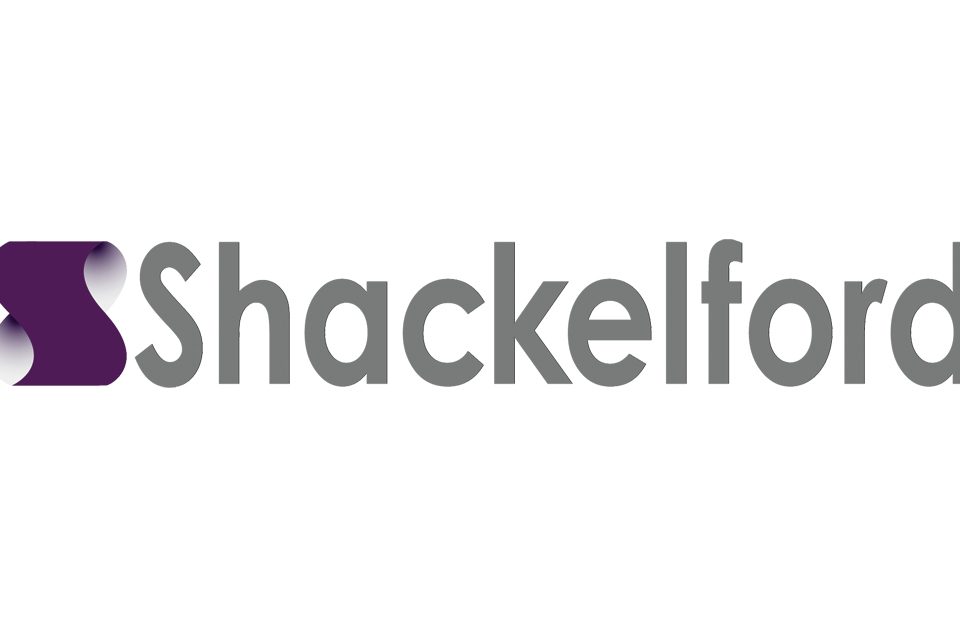On November 1, 2007, the Texas Court of Appeals issued a decision in the Textron Lycoming v. Interstate Southwest case. If you recall, the case arose after at least 24 crankshafts forged by Interstate for Lycoming failed, resulting in a number of deaths. In the aftermath of the failures, Lycoming blamed Interstate for the failures. However, Interstate’s legal team conducted testing that showed the trouble was a defect in Lycoming’s own design for the crankshafts. In 2005, a jury returned a verdict holding Lycoming liable for fraud, and awarding Interstate nearly $10 million in actual damages and another $86 million in punitive damages. The jury also rejected Lycoming’s $173 million counterclaim against Interstate. The trial court then entered judgment in favor of Interstate for the full $96 million.
On appeal, the Court upheld the jury’s finding that the crankshaft failures were caused solely by a defect in Lycoming’s design, and also held that the contract provision under which Lycoming sought indemnity from Interstate was unenforceable. However, the Court reversed the damages award. Although the jury awarded Interstate damages for its increased aviation products liability insurance premiums and the expert fees it incurred in performing its testing, the Court determined that such damages were not recoverable under Texas law. Additionally, in the absence of compensatory damages, the Court held that the punitive damage award was precluded. Finally, based upon its disposition of the issues, the Court reversed the award of attorneys’ fees and remanded the case solely for consideration of the costs and reasonable, necessary, equitable, and just attorneys’ fees, if any, that should be awarded to either party.
Of course both sides are touting the decision as a win. Even though its damage award was reversed, Interstate considers both the affirmation of Lycoming’s fraud and defeat of Lycoming’s counterclaim as wins. Lycoming, on the other hand, is focusing on the reversed damage award as a win. Hard to say whether this decision will stand or whether it will be appealed further to the Texas Supreme Court. Suffice it to say that the true winners in this case are the lawyers representing each party. Which, for an aviation attorney, isn’t necessarily a bad thing.



